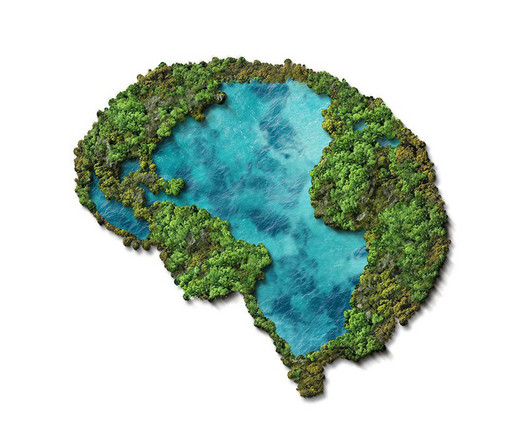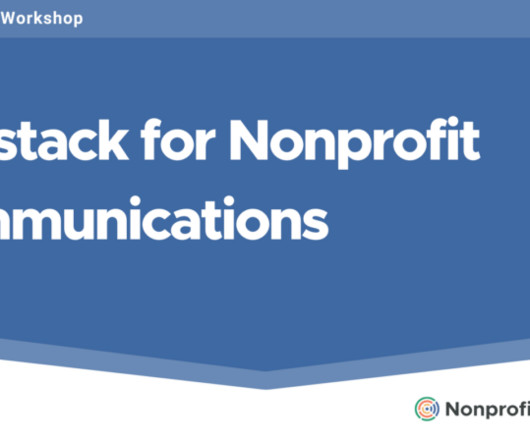The State of Mental Health Support in Climate Emergencies
NonProfit Quarterly
JANUARY 26, 2024
According to the American Psychiatric Association (APA), this destabilization can lead to “cumulative community stress, increases in poverty, domestic violence, substance abuse, and forced migration.” Such considerations can be symbiotic, benefitting both the environment and individuals’ psychological wellbeing.











Let's personalize your content